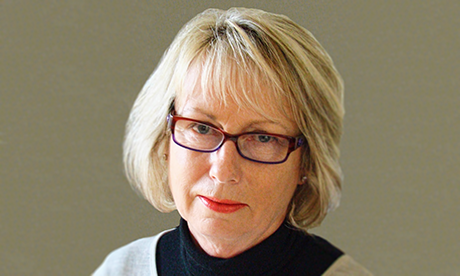Everyone needs to have compassion for those experiencing the hardship of infertility. It is easy to take the problem a little too lightly unless you have experienced its own poignant kind of heart wrenching which isn’t easily dispelled.
But behind the public face of infertility is the more hidden face of the altruistic dream-maker; the young woman egg donor. Easily forgotten in the ‘dreams lost and found’ world of the fertility industry, she is taking inordinate risks that need to be spelled out.
According to Jennifer Lahl, the founder for The Center for Bioethics and Culture Network in the USA, there should be serious concerns for women donors who have suffered through losing their own fertility, suffered strokes or torsioned ovaries due to severe ovarian hyperstimulation syndrome.
She has met mothers whose daughters have died due to complications associated with egg donation. The experiences of several women feature in her award winning film ‘Eggsploitation’.
Lahl has been researching the health issues around egg donation for more than a decade and what she found seriously concerns her. Apart from the immediate risks of chemically forcing a young fertile woman’s body into a menopausal state in order to prepare for the desired effect if possible of an unnaturally large harvest of eggs; an action totally foreign to the body’s natural expectations.
The important question here is what is known about the long term risks? Well nothing concrete at all; there are no long term studies (which would be unethical anyway) and no follow up of actual donors or even a donor register.
In California in 2013, Governor Brown vetoed a bill that would have allowed scientific researchers to pay women for eggs for research. Lahl reports that Governor Brown cited the lack of studies, the real risks and unknown risks to women’s health along with the exploitation of the poor seeking financial benefit.
In the final analysis egg donation is all risk and no benefit to the donor. The fertility industry can give no assurances as to the long term risks for egg donors.
It is worth noting that the fertility industry in the USA where Jennifer Lahl works is unregulated; donors are enticed by financial reward.
New Zealand is currently regulated and relies on the altruism of donors who might be within the family network of those needing their assistance or respondents to advertisements in specialty media sites.
New Zealand is under pressure to change due to the growing demand from a burgeoning fertility client market and insufficient donors to meet that demand. One expert has said he has had to send clients offshore for this reason.
We need to be aware of the threats to our daughters, sisters and friends who at some time might be approached personally or enticed financially; they need to be warned off taking such a risk as far as their immediate health is concerned and can never be assured in any concrete way as to the status of their long term health.’
- Lynda Stack graduated as a distance student with a BTh from Good Shepherd College. She is now studying a Masters at the JPII Institute in Melbourne. Lynda is married. She and her husband have two adult children who are living overseas.
News category: Analysis and Comment.




